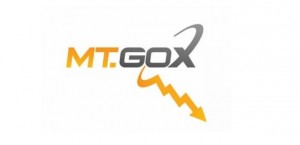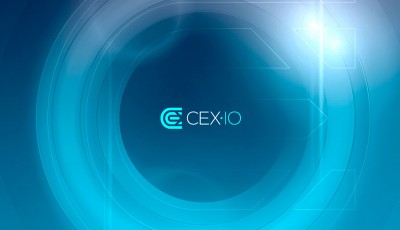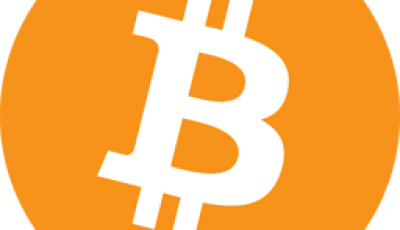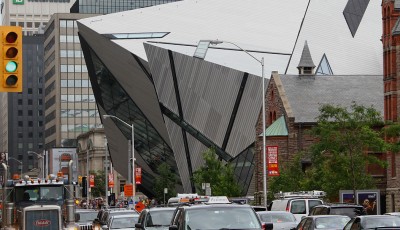Japanese court denies compensation plea regarding lost Mt. Gox Bitcoins
 A Japanese court has ruled against a man seeking compensation over lost Bitcoins, stating the digital currency cannot be owned.
A Japanese court has ruled against a man seeking compensation over lost Bitcoins, stating the digital currency cannot be owned.
The BBC reported the Kyoto man had lost 485 BTC worth approximately ¥31 million following the collapse of the Mt. Gox Bitcoin exchange in 2014.
However, the Tokyo District Court said Bitcoin was “not subject to ownership,” effectively dismissing the lawsuit seeking repayment.
The BBC reported that Judge Masumi Kurachi ruled that Japanese law only allowed for proprietorship of tangible entities that occupy space and which allow for exclusive control over them. As such, Bitcoin could not be owned. An example the judge gave was that transactions between users must involve a third party and therefore exclusive control over Bitcoins was not possible.
Even since Mt. Gox filed for bankruptcy protection in Japan in early 2014 amid claims it has lost 850,000 Bitcoins, clients whose Bitcoins vanished have been trying to raise legal cases in order to gain some kind of compensation. For instance, a class-action lawsuit in North America regarding Mt. Gox’s collapse was settled out of court last year.
In an interview with the BBC, Bitcoin developer Mike Hearn said he was a little surprised by the court’s decision, but noted there is still a lot of confusion over the legal status of Bitcoin in many countries.
“What we’ve seen a bunch of times is different governments in different parts of the world coming to different conclusions about Bitcoin,” said Hearn.
He told the BBC that compensation claims involving Mt. Gox were unlikely to get anywhere, even with judicial endorsement.
“It’s quite obvious that MtGox doesn’t have the money so where these compensation claims would be paid from is not clear,” Hearn said.
He added that the looming question mark over Bitcoin is starting to hinder the digital currency’s growth.
“One of the biggest and most common reasons especially for more established companies to say, ‘we’re not getting into Bitcoin,’ is regulatory uncertainty.”
The ruling follows the recent arrest of former Mt. Gox CEO Mark Karpeles in Tokyo over fraud related to the exchange’s missing Bitcoins. Police allege Karpeles manipulated Mt. Gox’s computer system to inflate its assets.
Now it is believed that the exchange ran out of money six months before announcing in February 2014 it was filing for bankruptcy, reported the Japan Times.
Investigative sources told the newspaper that Mt. Gox appeared to have been running a deficit on its balance sheet and started paying some customers with funds drawn from other clients’ accounts.
The Japan Times reported that Japanese Finance Minister Taro Aso said last week the government will mull establishing regulations on digital currencies, such as the launch of a regulation or license system for operators of digital currency exchange markets.
“We have to carry out studies” on how the government should regulate the use of digital currencies, said Aso, pointing to emerging global discussions regarding the risk of digital currencies being used for money laundering or becoming a financial means for terrorists.
Image Source












The Japanese courts are officially dicks.